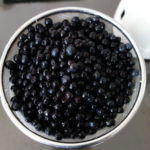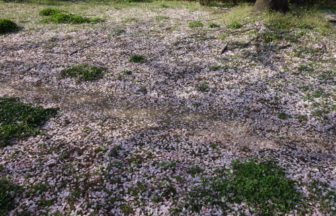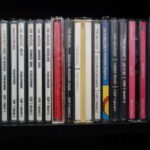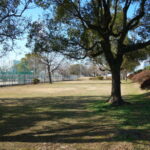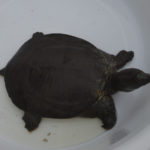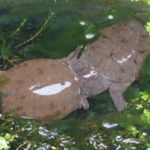“Simulation”, “communication”, and “nomunication”
When you speak to Japanese people, you might as well adress his or her name (family name or first name) with a suffix “san”. “san” is a suffix of a kind of respect when speaking to someone. Never use it for your name or your family because it is very strange. It is quite confusing that, nowadays, some young boys and girls use “san” after first names of themselves. That is not correct Japanese. All you have to learn is to adress other’s first name with a suffix “san”. Don’t mimic their wrong Japanese. “sama” is more polite than “san”. But you don’t have to use it when traveling in Japan privately. The suffix is used, for example, when we meet a customer. We use suffix “sama” after his or her family name.
Some Japanese people wrongly memorize the word “simulation (シミュレーション)” as “sumilation (シュミレーション)”. They pronounce it as “shu-mi-re-shon (シュミレーション)”. The pronunciation “shi-myu-re-shon” is correct as you know.
Some Japanese say “communication (コミュニケーション)” as “cominucation (コミニュケーション)”. The pronunciation is “ko-mi-nyu-ke-shon”. Of course, it is wrongly memorized.
The word “nomunication” is a synthetic word of Japanese and English. The meaning of “nominucation” is “to communicate while drinking”. In Japanese, the verb “drink” is “no-mu (のむ、ノム、飲む)”. Synthesis of “no-mu” and “-nication” in “communication” makes “nomunication”. Some Japanese say “nominication”. In this case, “no-mi (のみ、ノミ、飲み)” and “-nication” makes “nominication”. I’d rather use the latter.
We Japanese cannot say what we really think unless we are under the influence of alcohol because it is regarded as impolite to state our real opinions at workplace or sometimes privately. So, we utilize drinking sessions to promote exchange of frank opinions among co-workers. “Hanami” season is one of th most suitable seasons for that purpose.


